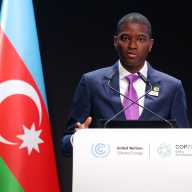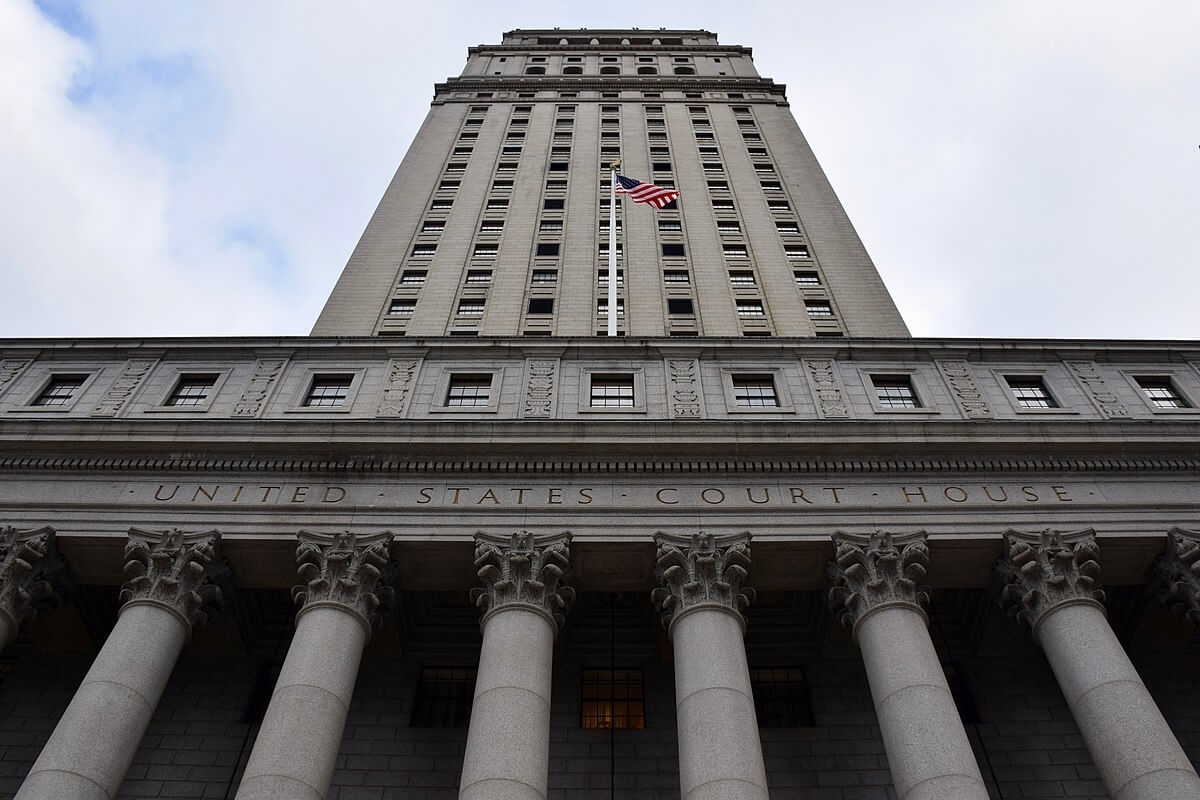Long before a little-known Illinois politician ran for president, the mainstream media focused on his race. When he flourished as a presidential candidate four years ago, everyone in America knew that Barack Obama was Black.
Have his blackness and extensive coverage of that fact boosted his political career or made it more difficult for him to win re-election? Perhaps surprisingly, some of the nation’s best political minds are divided on this question.
Obama’s race dominated media coverage about him before he became president. In 2004, he made headlines for becoming only the third African-American elected to the U.S. Senate since Reconstruction. In the 2008 presidential campaign, news stories questioned whether he could connect with African-American voters because he was born to a white Kansan mother and a Black Kenyan father, neither connected to Blacks in America.
When Obama became the first Black president, mainstream media portrayed his historic accomplishment as a symbol of a post-racial, colorblind America. That framing is contrary to the experience of millions of African-Americans and other people of color beset by conscious and unconscious bias daily in this country.
As Obama’s first term nears its end, the impact of his race in mainstream media coverage remains unclear.
At times, his blackness may have been an advantage in news reports about him, say political experts consulted by the Maynard Institute for Journalism Education. In other cases, however, his race has been a distinct disadvantage, marginalizing him in ways that his presidential campaign rivals, Sen. John McCain, R-Ariz., and former Massachusetts Gov. Mitt Romney, a member of a religious minority, haven’t been.
“During the presidential campaign, he was probably treated better than other candidates in the mainstream press because of the historical nature of his candidacy,” says Michael R. Wenger, senior research fellow at the Joint Center for Political and Economic Studies in Washington. “After his election, I think the media tried very hard to make the case that we’re in a post-racial society.”
Wenger, author of the soon to be released book, My Black Family, My White Privilege: A White Man’s Journey Through the Nation’s Racial Minefield, says that notion is misleading because institutional racism didn’t disappear when Obama became president. He also takes issue with the media covering extravagant claims by conservative Republicans about Obama.
Wenger says no president’s religious beliefs have been questioned to the extent that Obama’s have, in the sense that because Obama has Black Kenyan heritage, people have accused him of lying about being a mainline Protestant like the majority of Americans. While the mainstream media may not have started rumors about Obama’s religious background, they helped to spread them, he says.
Herb Tyson, a Democratic government relations consultant in Washington, agrees.
“First of all, they [the media] don’t challenge the reports under the guise of being fair and balanced,” he says. Outrageous claims about Obama have been reported as “valid policy arguments as opposed to treating it as an absurdity,” he adds.
Mainstream news outlets should not only treat baseless gossip about the president as just that but should also cite the hypocrisy of some attacks against Obama, Tyson says. For example, he notes conservatives’ allegations that Obama wasn’t born in the United States. He says the media should have noted that some Republicans supported changing the U.S. Constitution to allow non-citizens to run for president when Austrian-born Arnold Schwarzenegger became governor of California.
Moreover, the media devoted little coverage in 2008 to the fact that McCain was born in the Panama Canal Zone while some reports suggested that Obama is an Arab. Exposing such discrepancies makes it easier for the public to see how Obama’s race often spurs attacks against him.
“It doesn’t make sense for anyone to portray the president as non-American,” Tyson says. “You can disagree with a president, but never before has a president been called non-American. It’s also hard for me to buy into the questions about his Christianity because of the Jeremiah Wright scandal. Is he a Christian, or is he a Muslim? How can he be both?”
A video of the Rev. Wright, Obama’s former pastor, was circulated during the 2008 presidential race and threatened to knock Obama’s campaign off course. In a sermon at Chicago’s Trinity United Church of Christ in April 2003, Wright used the phrase “God Damn America” three times. Conservatives suggested that the video indicated Obama wasn’t a patriot.
“The white part of him is never given credit,” Tyson says. “No one says that makes him a patriot, he’s a good American. It’s always he’s the Kenyan.”
Tyson says “Jack Kennedy was the first Catholic president, and his family came from Ireland. He was broadly more accepted than Obama.” Romney’s Mormonism hasn’t overshadowed his campaign, Tyson says, because Mormonism has been “passed off as a subset of Protestantism. . . . Romney looks presidential. He looks like a WASP.”
Pollster Ron Lester says the mainstream media has covered Obama-related controversies adequately. “When you have people like Donald Trump who are making these kinds of allegations, they’re going to be covered,” Lester says. “I don’t think the coverage was excessive. I think it was pretty fair and balanced.”
Lester says Obama has transcended race by not making it the focal point of his political campaigns. “I think he’s done an excellent job making his case and allowing the voters to evaluate him on the merits.”
Obama may not have placed his racial background front and center in his political campaigns, but the media have often highlighted it.
On the 2010 census, Obama declared himself Black, spurring widespread news attention. As recently as last month, the media reported on Obama’s maternal link to a slave ancestor. News reports about his wife, Michelle, have also explored her family’s ties to slavery. Collectively, the number of stories about Obama’s racial background far outweigh those penned Romney’s Mormon background.
When journalists aren’t reporting about Obama’s race, they’re quoting foes’ innuendoes about it, Tyson says. Former House Speaker Newt Gingrich, who ended his presidential campaign in May, famously referred to Obama as the “food stamp president,” a label with racial overtones that was widely circulated in the media.
Wenger says conservatives have largely characterized the president as a radical. Some have accused Obama and Attorney General Eric H. Holder Jr. of failing to take action against the New Black Panther Party for voter intimidation because two of its members, seen on video, were accused of trying to discourage some people from voting at a Philadelphia polling place on Election Day 2008.
“He is very much in the mainstream of the Democratic Party,” Wenger says of Obama. “Most would not consider him to be very left of center. Despite all of the evidence to the contrary, he’s been stamped somehow as otherwise. I think some members of the Republican Party have been unscrupulous in trying to further that.”
Nadra Kareem Nittle writes media critiques for the Robert C. Maynard Institute for Journalism Education. Her reports and other media critiques are available at www.mije.org/mmcsi and can be republished free of charge. For more information, please contact Elisabeth Pinio at epinio@mije.org or 510-891-9202.





















